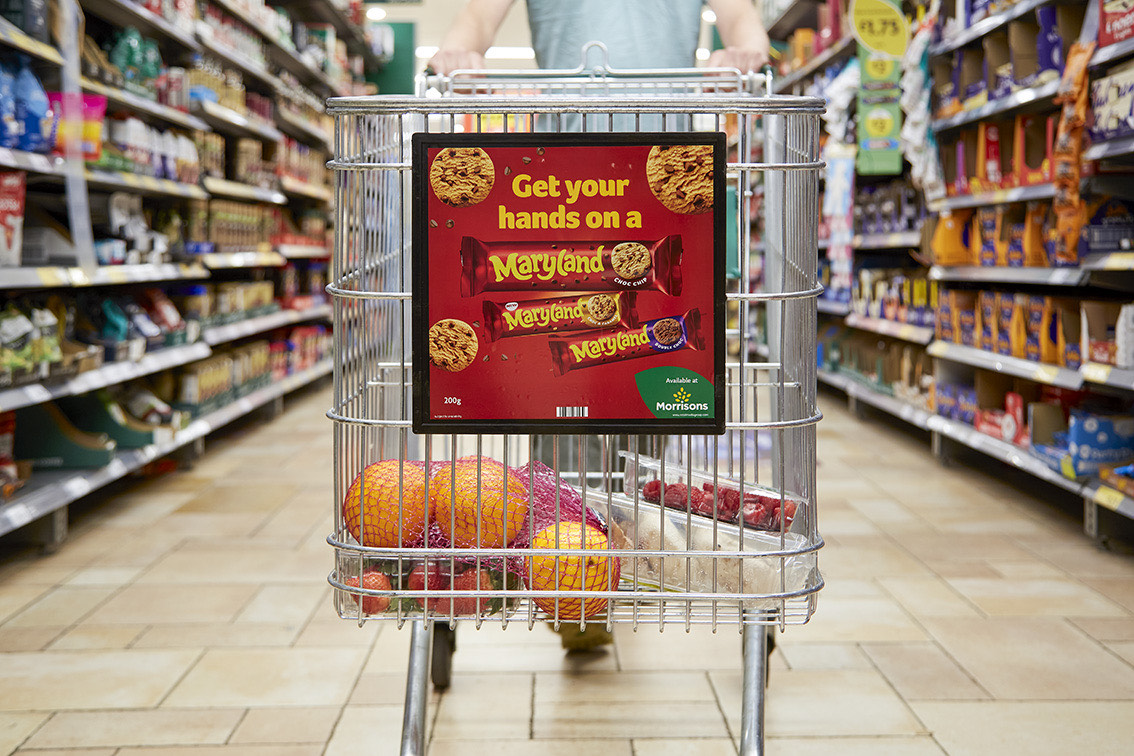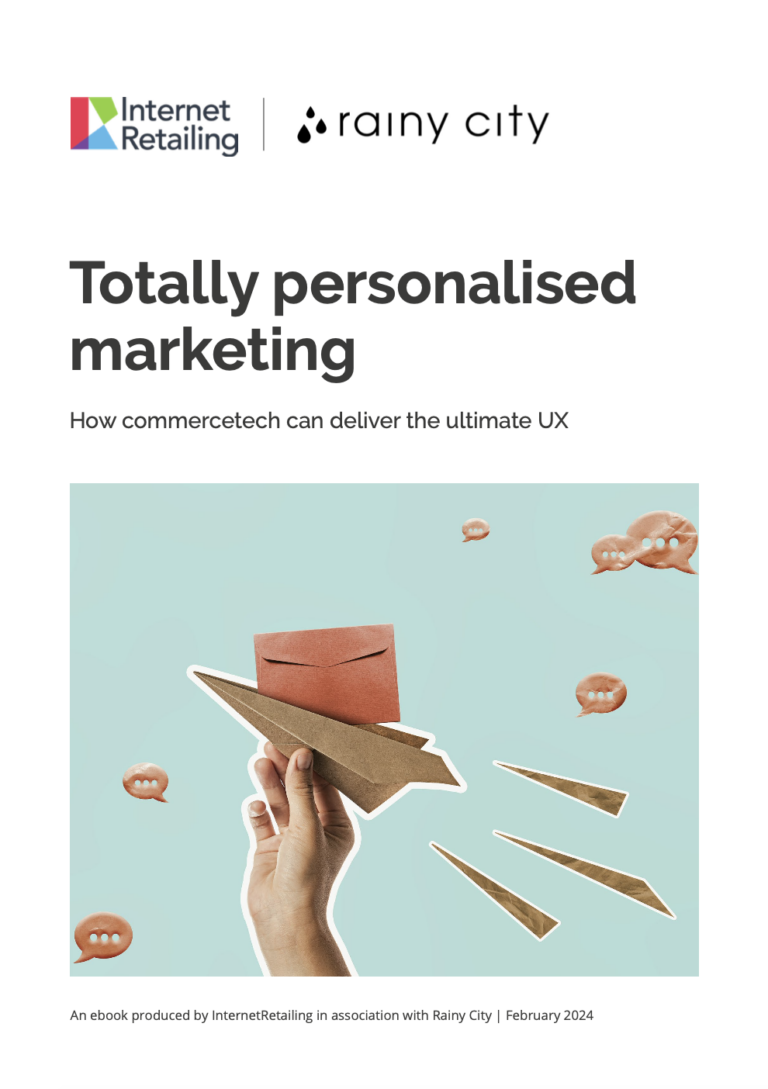Retailers, brands and suppliers converged on the NEC in Birmingham last week to share experiences and debate the state of retail at IRX 2018. Here are five standout themes from the two-day event.
The proliferation of data
Shoppers are creating more data than ever before, and retailers must be “truly relevant and remarkable” to stand out, Facebook and Instagram UK head of ecommerce Daryl Hughes told the IRX audience.
“In 2003 there were 5bn GB of information created,” he said. “Now that’s being created every 10 minutes. People thumb through [the equivalent of] one Big Ben every day on their Facebook feed. Only the truly relevant and remarkable stand out.” Viewers only see 10% of the 2,000 items that are added by their Facebook friends every day: artificial intelligence and machine learning decide what they are. Viewers consume that content very quickly, spending an average of 2.5s looking at each item – or under 1s for the under 20s.
The importance of personalisation
Rob Pearson, the first head of personalisation at Next , explained why personalisation is important. “Personalisation can really drive differentiation in the short term,” he said, “giving customers more of what they want, less of what they don’t, but may soon become the norm. The larger product ranges become, the more important personalisation will become.”
He emphasised the importance of testing, in order to understand what works. “You can’t do everything so it’s important to prioritise,” he said. “Testing helps to understand what’s working and what’s not.”
The challenges of voice commerce
Paul Wilkinson, head of technology research and open innovation at Tesco Labs predicted that voice commerce would become as popular as mobile commerce in due course, and expects that in due course customers will simply expect voice to be offered as another channel. He pointed to how easy voice could make the shopping experience: Tesco shoppers in London could order an item they hadn’t got from a recipe they were cooking to arrive in an hour.
But managing search is a challenge and it’s important to get it right, he said, since there is no interface to look at the search results. “Having personalised search is key,” said Wilkinson. “It’s one of the things we brought to the voice channel first, so when you say milk we get you the right kind of milk.”
But, he acknowledged, it’s easier to see shoppers buying groceries via voice commerce than fashion.
The final mile
Chris Haighton, head of outbound logistics at the Shop Direct Group , showed how the retailing group has worked with its main carrier, Yodel, to build an app that enables customers to track their parcels. In time, the app will include the other carriers it uses and evolve so that shoppers never have to leave the Shop Direct website while checking where their parcel is. “This will keep Shop Direct at the cutting edge of the customer journey because the shopper never has to go anywhere else,” he said. “Expectation is driven by the retailers who own the tracking journey. You should be aiming to contact the customer before they contact you. Carriers can help retailers but most are driven by short-term efficiency, whereas retailers are driven by long-term relationships.”
Responding to Brexit, and other challenges
“Brexit will cast a significant challenge for several years,” said Tim Chicken, head of distribution, development and transport, at Waitrose . He said the supermarket’s response to this and other challenges, such as low UK growth and the need to grapple with legacy systems, was around focusing on the customer experience.
“Our response has been a values-based approach to customers to focus on what it is they want, where and when they want it,” said Kitchen. “It’s about enhancing the customer experience, improving our website, trying to develop our online offer, expanding delivery options, upgrading the experience in store. Investment in physical estate, streamlining flow of stock, and improving availability.”
He also pointed to opportunities available in collaborating with partners such as John Lewis on transport fleets, the University of Cambridge on vehicle engineering and other retailers. “Could we get to a place where our delivery vans are shared [with other supermarkets]? Who knows?”









